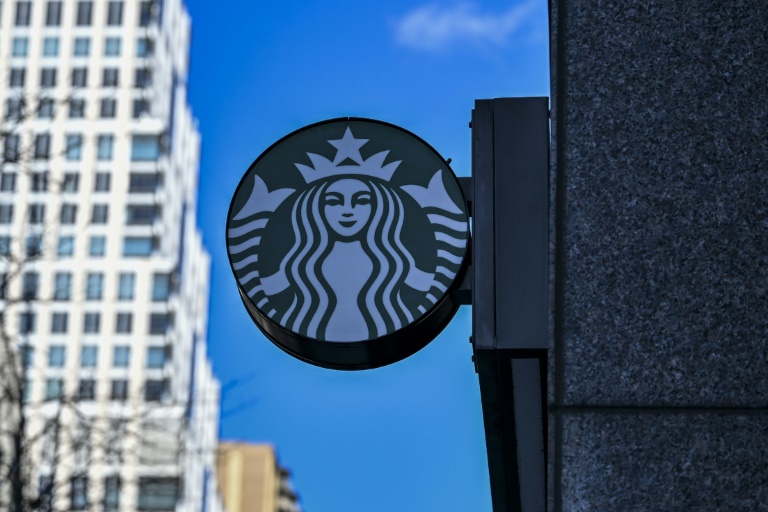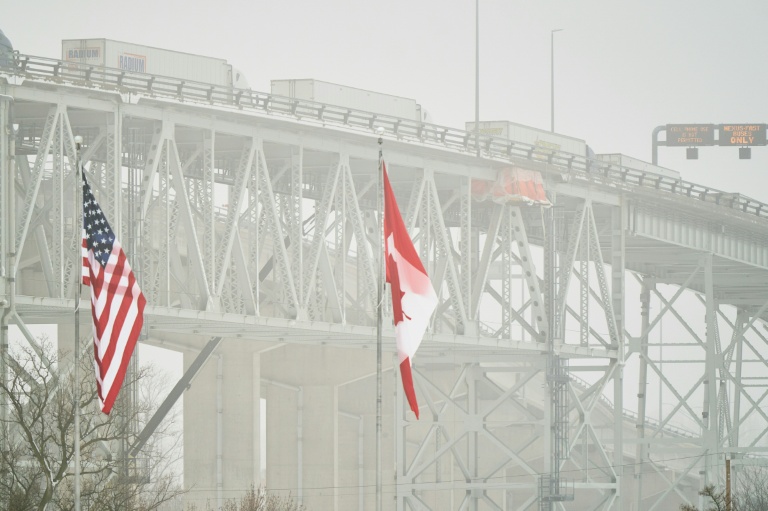(AFP) – Clashes broke out on Wednesday at pro-Palestinian demonstrations on the campus of the University of California, Los Angeles, as dozens of universities around the United States struggle to contain similar protests.
Protesters and counter-protesters were seen clashing with sticks, and tearing down metal barricades, TV footage showed. Others were seen launching fireworks or hurling objects at each other in the dark — lit up with laser pointers and bright flashlights.
The Los Angeles police department said on social media platform X that “officers have been deployed, and are currently on the UCLA campus, to assist in restoring order”. The force had earlier said it was responding “due to multiple acts of violence within the large encampment” after the university asked for police help to quell the clashes.
UCLA Chancellor Gene D. Block warned ahead of clashes that protesters including “both members of the UCLA community and others unaffiliated with our campus” had set up a camp last week. “Many of the demonstrators… have been peaceful in their activism,” Block wrote in a letter posted on the university website on Tuesday. “But the tactics of others have frankly been shocking and shameful. We have seen instances of violence,” he said.
The unrest at UCLA comes after police cleared Columbia University’s campus in New York City on Tuesday and evicted a building occupied by pro-Palestinian student protesters. CNN cited the NYPD as saying more than 100 demonstrators had been arrested.
Police climbed into Hamilton Hall via a second-floor window they reached from a laddered truck, before leading handcuffed students out of the building into police vans. The hall had been occupied on Tuesday by demonstrators who vowed they would fight any eviction, as they protested the soaring death toll from Israel’s war with Hamas in the Gaza Strip.
After midnight on Wednesday, an AFP journalist saw that a tent encampment erected on the campus lawn had been taken down by university staff and leftover items thrown away in giant black rubbish bags. Columbia University president Minouche Shafik had said in a letter to police that the occupation of the school building was being led by “individuals who are not affiliated with the University”. She also asked the police to remain on campus through at least May 17, “to ensure encampments are not reestablished.”
Writing on Instagram, the protesters slammed Shafik’s statement, saying “her use of the words ‘care’ and ‘safety’ are nothing short of horrifying.”
The weeks of demonstrations — the most sweeping and prolonged unrest to rock US college campuses since the Vietnam war protests of the 1960s and 70s — have already led to several hundred arrests of students and other activists.
President Joe Biden’s White House had sharply criticized the seizure of Hamilton Hall, with a spokesman saying it was “absolutely the wrong approach.” Former US president Donald Trump on Fox News lamented the “anti-Semitism that’s just pervading our country,” and slammed Biden, his rival in the November presidential election for inaction.
– A nationwide movement –
The protests have posed a challenge to university administrators trying to balance free speech rights with complaints that the rallies have veered into anti-Semitism and hate.
The unrest has swept through US higher education institutions like wildfire, with many student protesters erecting tent encampments on campuses from coast to coast.
In another of the newest clashes, at the University of North Carolina at Chapel Hill, police moved in Tuesday to clear one encampment, detaining some protesters in a tense showdown. A week-long occupation was brought also brought to an end at northern California’s Cal Poly Humboldt while Portland State University’s campus, in Oregon, was closed Tuesday “due to an ongoing incident” in the library. Local media reported around 50 protesters had broken into the building a day earlier.
And Brown University reached an agreement in which student protesters will remove their encampment in exchange for the institution holding a vote on divesting from Israel — a major concession from an elite American university.
Footage of police in riot gear summoned at various colleges has been viewed around the world. UN human rights chief Volker Turk voiced concern at the heavy-handed steps taken to disperse the campus protests, saying “freedom of expression and the right to peaceful assembly are fundamental to society.”
The Gaza war started when Hamas militants staged an unprecedented attack on Israel on October 7 that left around 1,170 people dead, mostly civilians, according to an AFP tally of Israeli official figures. During their attack, militants also seized hostages, 129 of whom Israel estimates remain in Gaza, including 34 whom the military says are dead. Israel’s retaliatory offensive has killed at least 34,535 people in Gaza, mostly women and children, according to the Hamas-run territory’s health ministry.
© 2024 AFP




